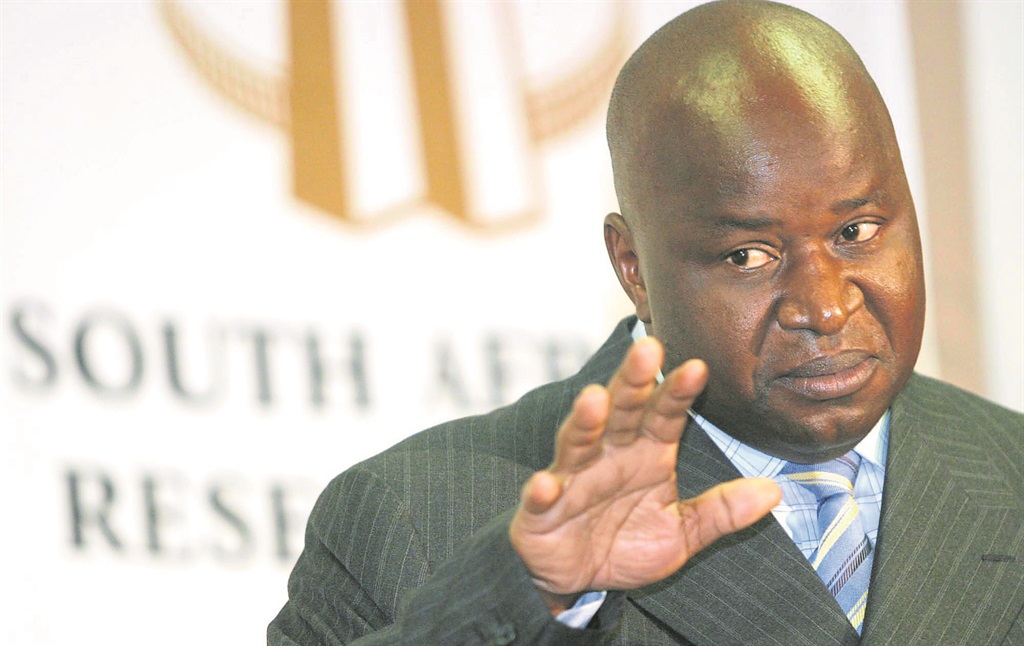
Being back in Ireland this week gave me time to reflect on the enormous growth (and fall) of the Irish economy in the last three decades. I lived in Ireland between 2001 and 2013, during which time I experienced the height of the Celtic Tiger as well as the collapse of the economy in 2008.
Given President Cyril Ramaphosa's drive for foreign direct investment (FDI) and recent Jobs Summit, it might be worthwhile for new Finance Minister Tito Mboweni to take note of the reasons for the spectacular growth in the Irish economy from the mid-1990s to the late 2000s. The "Irish miracle", as it is sometimes called, involved hard work, certain difficult policy decisions and a bit of Irish luck.
There is no doubt that Ireland in the 1950s and '60s was a desperately poor place. In 1970 Irish GDP stood at US$1.94bn. Even as late as the 1970s the per capita GDP figure was USD$12 430.
However, by the early 1990s Ireland had become one of the fastest growing economies in the European Union (EU). Between 1995 and 2000 it grew on average by 9.4%. This expansion continued at a slightly lower rate of 5.9% until 2008. By 2007 GDP per capita was just under US$60 000.
During this time the country saw FDI of an unprecedented scale. Numerous multinationals – particularly hi-tech and pharmaceutical firms – relocated their European headquarters to Ireland. Needless to say, this provided welcome relief from the unemployment crisis. By 2007 the unemployment rate had fallen to 5% from 18% in the late 1980s.
So how did they do it?
As mentioned earlier not all of it was of their own making. Being strategically placed between Europe and America and located in a favourable time zone, positioned them as a bridge between the US and Europe.
Being part of the EU and thus part of the common market was extremely advantageous for Irish exports. Prior to their joining the EU in 1973, 90% of trade was with Britain. In addition to a much bigger market they also benefitted from EU subsidies and contributions through the Structural Cohesion fund.
On the policy front they took some crucial decisions – in particular relating to the corporate tax rate. While Ireland's "headline" corporation tax rate is 12.5%, research has shown that foreign multinationals pay an effective tax rate of under 4% on all global profits that they can "move" to Ireland thanks to 72 bilateral tax treaties.
Although this was and still is controversial in the wider EU (and will be phased out over the next few years) it encouraged massive FDI. It is estimated that foreign multinationals pay on average 80% of Irish corporate tax, employ 25% of the Irish labour force (indirectly pay 50% of Irish salary taxes), and create 57% of Irish OECD non-farm value-added.
All of this is impressive, but if South Africa wants to copy the Irish example it is crucial to understand that one of the main reasons Ireland was so successful late in the 20th century was due to educational reforms implemented in the 1960s.
In the late 1950s classrooms in Ireland were overcrowded and often in very bad condition. With a population of 2.8 million people, only 10 000 children wrote the final secondary school exam and only 8 653 students were in all the tertiary education institutions combined.
In the 1960s a far-sighted Minister of Education made all secondary education free and put other incentives in place – such as free transport to schools and feeding schemes.
Later tertiary education also became free – with the exception of a registration fee. Importantly, quality education and a syllabus geared towards future needs were implemented.
This has had a massive effect on the education level of Ireland. This year with the population at 5 million, more than 55 000 children sat their final school exam and over 222 000 students (an increase of almost 3000% since the 1950s) were in tertiary institutions.
Thus by the late 1980s Ireland had a highly educated (English speaking) workforce which, together with the favourable corporate tax rate and access to the EU, made it extremely attractive to foreign multinational companies. As an Enterprise Strategy Group Report stated in 2004: "The fact that the labour supply was, in general, well educated made it particularly attractive to foreign direct investment… the consistent education policies of the preceding decades were bearing fruit: there was growing demand for educated human capital in all developed countries, and its ready availability in Ireland helped to attract foreign direct investment, and to promote the development of indigenous companies."
It is also worth mentioning that to get the message to the American companies the Irish made use of the deeply loyal Irish diaspora. I was once told how the IDA (a government institution responsible for attracting FDI at the time), would look for all the Irish surnames in the phone directories of American companies, get in touch with them and asked for their help in spreading the word. Apparently this was very successful. If only all the South Africans abroad could be a bit more loyal towards the country of their birth, this might work as well.
Of course, Ireland saw a massive crash during the 2008 global recession – largely due to a property bubble and irresponsible lending. They had to endure structural reform and IMF intervention, but the country is now back on track and Ireland is booming again with a 7.2% growth rate last year. To quote a taxi driver: "It's better, than ever, luv."
Although the Irish model might not be applicable to South Africa in all respects, there are certainly some lessons to be learnt around business-friendly policy and tax regimes. However, all of that would have no impact if we don't properly educate our young people for the demands of the future economy.
- Melanie Verwoerd is a former ANC MP and South African Ambassador to Ireland.
Disclaimer: News24 encourages freedom of speech and the expression of diverse views. The views of columnists published on News24 are therefore their own and do not necessarily represent the views of News24.




 Publications
Publications
 Partners
Partners























